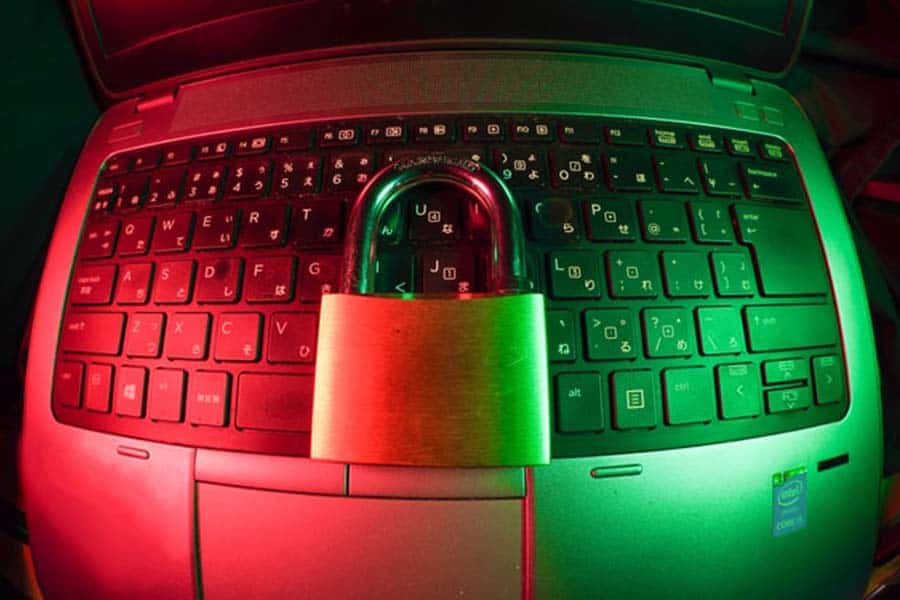
Digital privacy is becoming a growing concern for many, especially as hackers are using more and more sophisticated methods to access, steal, and use personal details.
However, armed with the right knowledge and tools, you can take steps to fight hackers and ensure your information remains private.
1. Use Strong Passwords
While people have been told to use strong passwords since the dawn of the internet, many still use passwords that are easily guessable by hackers.
If you use a password like 12345 or your date of birth, you are making it much easier for hackers to potentially access your accounts. Once they do so, they can steal your personal information.
You should always create a password that is between eight and fifteen characters long, uses both uppercase and lowercase, includes numbers and symbols as well as letters, and uses obscure words.
Also, you should never use the same password for multiple accounts and ensure you regularly update your passwords.
2. Get Identity Theft Protection
Incredibly, around one in five people around the world are victims of identity theft each year.
In the United States, the figures are even higher. Around 33% of adults in the U.S. have experienced identity theft.
While there is, unfortunately, no full-proof way of preventing identity theft, you can take steps to help protect yourself.
In addition to following the other ways to fight hackers mentioned in this article, the best thing you can do to stop hackers stealing your personal information and adopting your identity is to use identity theft protection.
It immediately alerts you to any red alerts on your accounts so that you can take the relevant steps quickly.
Check out these identity theft protection reviews to find the best provider for your needs.
3. Never Click on Untrusted Links
Phishing typically involves cybercriminals sending emails that look as though they come from reputable organizations.
The emails contain links. When you click on them, you could end up entering your personal information, unaware that you are actually giving hackers your info. Sometimes, clicking on links can cause you to unknowingly download malware onto your device.
Phishing attacks are becoming more and more sophisticated. To fight phishing hackers, never click on untrusted links.
If you get an email that supposedly comes from, say, your bank, and you are unsure as to its legitimacy, contact your bank through official channels to check whether the email is fraudulent or not.
4. Be Very Cautious About What You Post on Social Media
If you post a photo of yourself wearing a party hat, standing outside your house, accompanied by a caption that says it is your birthday, hackers will know your date of birth and can potentially find out your address.
Armed with such information, it is simple for them to commit crimes in your name.
Just because your online friends seem to be ignorant or uncaring of posting such personal details on social media sites, it does not mean you have to be the same.
Avoid publicly posting things like where you work, the town you live in, and your age, to stop hackers from stealing and using your personal information.
5. Never Enter Personal Details When Using Public Wi-Fi
Hackers not only find personal details through scanning social media pages. They also know they can often access personal data from people using public Wi-Fi.
Quite simply, when you use public Wi-Fi, your connection is unsafe and therefore hackers can potentially access and steal your information much more easily.
You should never enter your personal details onto internet sites when using public Wi-Fi. If you need to check your bank balance or shop for a pair of shoes on Amazon, wait until you are able to use a private connection.








